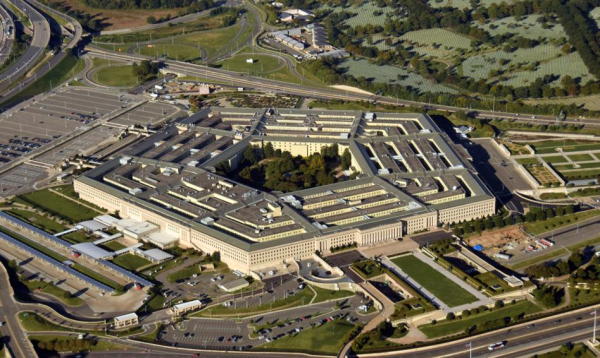Artificial intelligence is increasingly moving beyond being just a technological curiosity and becoming a real tool used by governments and institutions. Cooperation between the public sector and private technology companies is gaining momentum. An example of this growing synergy is the latest partnership between one of the leaders in the AI industry and the US government.

On June 16, the U.S. Department of Defense announced the one-year contract, months after OpenAI said it would work with tech startup Anduril to deploy advanced AI systems for “national security missions.”
As reported by the department:
See alsoHow artificial intelligence will affect the work of accountants
“Under this agreement, the contractor will develop prototype frontier AI capabilities that will address key national security challenges — both in combat operations and administrative operations.”
The technological race for arms contracts continues
Anduril received a $100 million defense contract in December. A few weeks earlier, OpenAI competitor Anthropic announced a partnership with Palantir and Amazon to supply its AI models to U.S. defense and intelligence agencies.
In April, during a meeting at Vanderbilt University, Sam Altman told OpenAI board member and former head of the National Security Agency (NSA), General Paul Nakasone, “We have to and want to engage in areas related to national security, and we are proud of that.”
On its website, OpenAI said the contract is the first step in a new initiative called “OpenAI for Government,” which includes its existing ChatGPT Gov. product . The initiative will give U.S. government agencies access to custom AI models for national security, support, and product planning purposes.
The tech giant announced:
“This $200 million contract leverages OpenAI’s leading-edge expertise to help the Department of Defense identify and test how Frontier AI can revolutionize administrative operations—from improving healthcare for soldiers and their families, to analyzing program and procurement data, to supporting proactive cyber defense. All applications must comply with OpenAI’s terms of use and guidelines.”
The Pentagon is just the beginning. OpenAI is expanding its empire
The Department of Defense noted that the contract was awarded to OpenAI Public Sector LLC and that work will primarily occur in the capital region — which includes Washington, DC, and adjacent counties in Maryland and Virginia.
OpenAI, meanwhile, is working to build out its computing power in the U.S. In January, Sam Altman appeared alongside President Donald Trump at the White House to announce the $500 billion Stargate project , which aims to build AI infrastructure in the U.S.
The new deal will be a small slice of revenue for OpenAI, which generates more than $10 billion in annual sales . In March, the company announced a $40 billion funding round at a valuation of $300 billion.
In April, Microsoft, which provides cloud infrastructure for OpenAI, said the U.S. Defense Information Systems Agency had approved the use of OpenAI’s Azure service to work with classified information.
OpenAI’s contract with the US Department of Defense is another sign that artificial intelligence is becoming a key tool in the modern world. This cooperation could revolutionize the way military and administrative institutions operate. However, the development of frontier AI raises not only enormous opportunities, but also serious questions about responsibility and safety.
JS